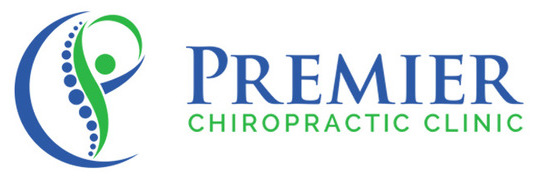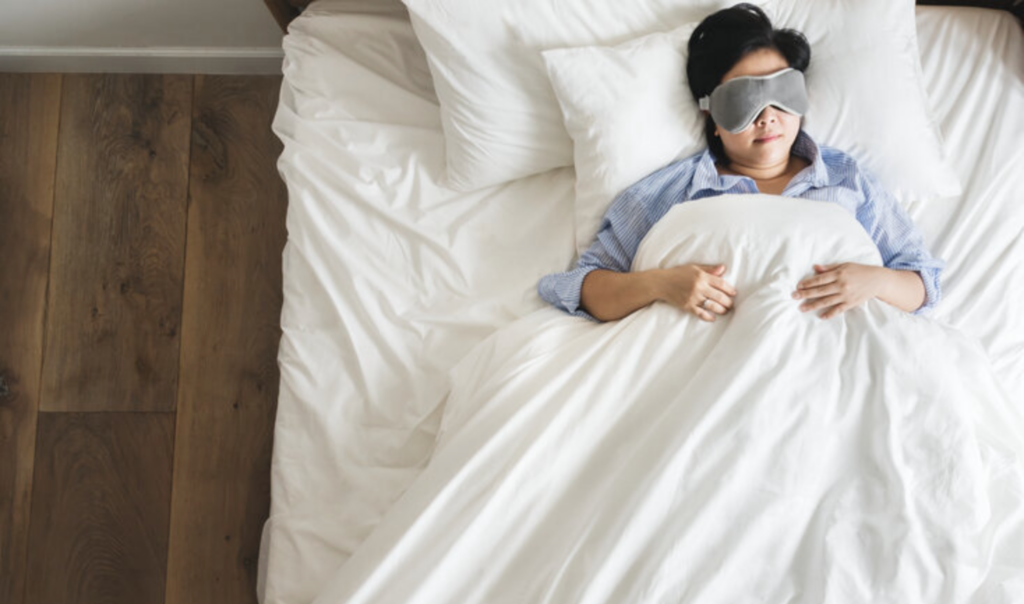Your circadian rhythm is your, “sleep/awake cycle,” it is a 24 hours cycle your body goes though with sleep and being awake. Regulating your rhythm is the best thing you can do for your sleep hygiene. Certain bodily and brain processes can only happen when you are sleeping, and if you are not sleeping well you are not completing these bodily tasks well. This is why sleep is so important for health and well being. If you are looking to improve your quality of life/health you need to work on improving your sleep. For example the brain’s lymphatics system know as The Glymphatic System, is the way your brain clears waste, this system is mostly inactive during the day. It works while you are sleeping because while you are awake your brain is focused on other tasks. Your brain consumes approximately 1/3rd of your calorie intake during the day, and at night is when the Glymphatic system takes out the waste from the day. So that is one example of why sleep is SO SO important.
Sleep deficiencies have also been correlated with a slew of health problems: Heart disease, Kidney disease, high blood pressure, stroke, breast cancer, obesity, depression, and more. While heart disease may not be fixed with more sleep, lacking sleep can certain contribute to some of the burden your body is facing; and little things do add up. So if we can lessen the burden your body has by doing something as simple as sleeping, I think this is a good free way to work towards improving your health.
The best thing you can do for sleep hygiene is to set a routine. Adults typically need 7-8 hours per night, children need more, and aging adults may actually be able to get by with a little less. But in general 8 hours is a good amount to aim for, and depending on activity level some adults may need up to 10 hours nightly.
Blue Light blocking glass:
Have you heard about this? This effects your sleep! Your penial gland in your brain produces #melatonin when your eyes view sunlight (which includes blue light, and other colors) your brain says, ” its day time, no need to process the sleepy time hormone melatonin. stop melatonin production” When the sun goes down your brain goes, “no sunlight! Time to make the sleepy time hormone!” With synthetic light you are confusing your brain with fake blue light. Is it day time? Is it night time? Do we make sleep hormone now or naw? Getting into a habit of removing blue light before bed will help your brain know its time to make melatonin.
Caffeine:
Caffeine has what is called a 6 hours half life. Example: if you drink 100mg of caffeine, in 6 hours you will still have 50mg caffeine in your body. 6 hours after that you will still have 25mg in your body. So 12 hours after consuing 100mg of caffeine you will still have 25mg of caffeine in your body which may impact your sleep.
Eating:
If you eat too close to bed your body has a more difficult time focusing on sleep. Ideally you do not want to eat at least 4 hours before bed time. If you do need to have a snack try to stick to higher protein snacks. You don’t want a carb-y snack that can cause a blood sugar spike, eating too close to bed time can increase heart rate and body temperature while sleeping. This can impact your recovery and how your body processes foods the next day, and can make you more prone to blood sugar regulation issues.
Musculoskeletal health:
Because sleep is such a huge part of recovery if you are experiencing muscle and/or back pain, sleep is essential. Sleep is time to repair; if you’re not sleeping well your body may prioritize other tasks, then muscle recovery or pain management.
Quick tips:
- Blue light glasses
- Don’t eat before bed. No food 4 hours before bed
- Try to wake up and go to sleep at the same time daily. Routine is key
- Limit caffeine 6-12 hours before bed
Written by Dr. Ellora Pollard.
Dr. Pollard and Dr. Meenan are currently accepting new patients. Please call 412-341-2505 or check out our online scheduler to set up your appointment.


